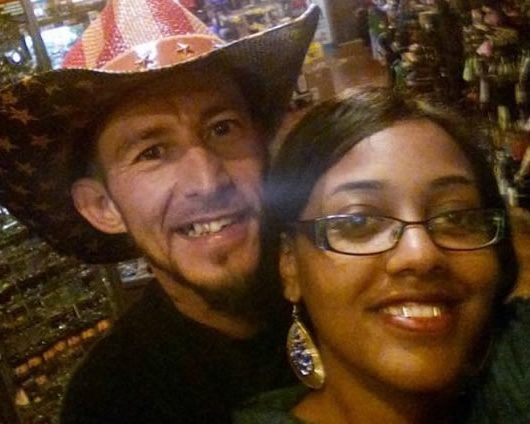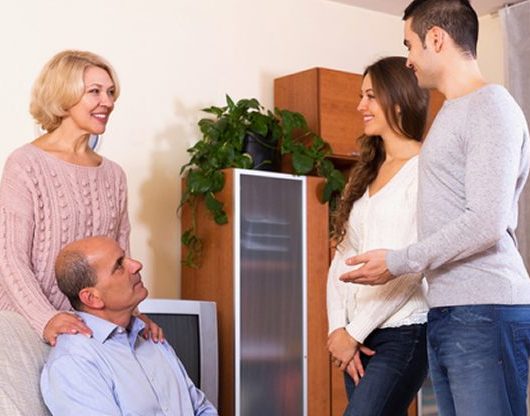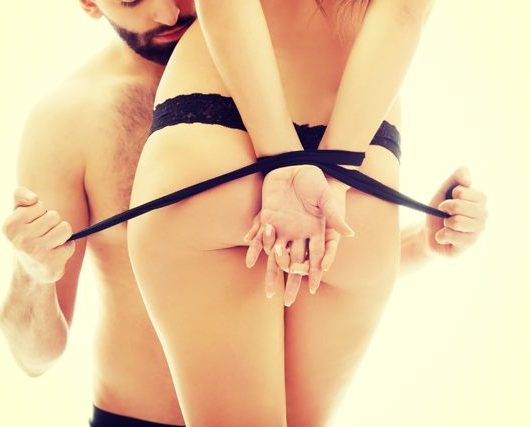Biracial marriages have become more prevalent in the United States. But the big question is: has the public become more accepting of it? Well, this growing trend of people marrying men and women of different races is a good thing for society. And the number of those opposed to their friends or family marrying interracially has dramatically reduced. Does this mean we are more accepting? Read on…
Interracial marriage definition
What is interracial marriage? Interracial marriage is the marriage between two people of different races. In earlier days, the interracial marriage definition was assumed to mean a marriage between a black person and a white person. The black and white marriage combination was the most common one. But these days and with the rise in immigrants coming to the US more and more interracial combinations are rising. And with this, people from all races are getting used to the idea of biracial marriages.
The rise in interracial marriages
Since the Supreme Court ruling in the Loving v. Virginia case where marriage across racial lines was legalized, there has been a rapid increase in black and white marriage throughout the country. And this increase has played a major role in the increase of interracial dating as well as acceptance. And as Asians and Hispanics come to the interracial fold, this further boosts the U.S. intermarriage overall.
As we become more diverse as a population, our attitudes are shifting too. And this further contributes to the rise of interracial relationships.
Is interracial marriage wrong?
Certainly not. There is nothing wrong with interracial relationships. There might be a few people who still don’t want to get with the program. These are the kind of people we see harassing other people online. Most celebrities in biracial marriages have experienced constant harassment from internet trolls. Some people harass their neighbors for it. There was a judge who refused to marry interracial couples. The thing is, here and there, we read about hate crimes happening.
But those are just but a few compared to those who accept interracial relationships. Then, of course, there is the number that feels that interracial marriages make no difference to them. The thing is people’s attitudes towards interracial marriage vary widely. And age seems to be a factor. The percentage of people above 65 years who still think interracial marriage is bad for society is highest compared to those between 18 to 29.
The opinions of people also differ based on the level of education attained also. Those with a bachelor’s degree and more are less likely to think that mixed relationships are wrong. About 16% of those adults who have attained a high school diploma or less think this trend isn’t good for society.
When it comes to race, Blacks are more likely to say interracial marriage is wrong. Those adults living in urban areas also feel that mixed marriages are great for society whereas more people living in rural areas share the opposite view.
That said though, more Americans are open to the idea of a close family member marrying interracially. And some interracial couples have managed to change the opinions of their relatives on interracial relationships. So as years go by, America continues to be more of a melting pot! As our opinions about the impact of interracial marriage on society evolve, so have our attitudes about what is acceptable within our families change. Fewer Americans are saying that they would be opposed to a family member marrying interracially.
Interracial marriage problems
Despite growing acceptance couples still experience interracial marriage problems. In some societies, it is still difficult to exist and fit in. Much as there is less racism, it is still there. There are many interracial dating challenges, for instance, feeling like outsiders, having to merge and accept different traditions, culture, and habits, dealing with family disapproval… All these can more than threaten the couple’s marriage and happiness.
Biracial marriage success
Just like all marriages, the success of interracial marriages depends on the individuals. But according to some statistics, black men and white women interracial combo is 200% more likely to end up in divorce. On the other hand, the black women and white men combo is 44% LESS likely. People might not agree with this but when we look at biracial marriage success, the black women and white men combo are the longest lasting combo of interracial couples.
The world reminds interracial couples about race
Much as interracial couples want to forget about race from time to time, the world reminds them. There are cases where you might be asked for your identification in a store and your interracial husband isn’t. There are cases where a waiter or waitress might think you are not together and ask a couple if they want separate checks.
The thing is: it all depends on where you live. In more diverse communities, couples in biracial marriages blend easily. But in some neighborhoods, there is some discrimination. But one of the major interracial marriage problems isn’t really about how the couple is treated, but mostly its the concern about how society will treat their children. Will they be mistreated or disowned by their peers? Will they be picked up on constantly?
Some of her biracial friends had much worse experiences, she said, having their hair cut off or being beaten up. Some had grandparents or other family members who disowned them.
The thing is, no matter how supportive your friends and family are, no matter how receptive the larger society is to interracial coupling, you will sometimes encounter an individual who still notices or reminds you of the racial aspect of your relationship or even cringes at the thought or sight of an interracial couple. So once in a while, you may have to put up with a stranger’s questions about your relationship. We can’t run away from the fact that there are still those individuals who don’t like the idea of biracial coupling.
Are the numbers real?
There have been so many polls about what Americans truly feel about interracial couples. And as much as the polls show positive results, subconscious a considerable number of us still struggling with the acceptance of interracial couples. There was even a test that was done to test what the brain really says about acceptance to interracial dating where they used an electroencephalogram (EEG) to measure electrical brain activity. They study group was shown 100 pictures of black-white couples and 100 of same-race couples and observed activity in the part the brain called insula – the part activated when someone felt disgusted. For most participants who had initially reported their acceptance to interracial coupes, the insula lit up when they viewed pictures of interracial couples as opposed to the same race pictures.
The thing is, there are instances where you find that even those who claim to be supportive of biracial marriages find it hard to welcome a member of another race when they want to marry their actual family. Yes, they are OK with a co-worker, neighbor or friend from a different race, but not family. Some are OK with other people’s interracial relationships, but they can’t even begin to imagine themselves dating outside their race.
Yes, 83% of Americans self-report to being accepting of interracial relationships. But looking at the actual numbers interracial unions in the US there is a huge discrepancy. There is a high approval rate for biracial marriages and relatively low numbers of actual interracial marriages. Well, this disparity in numbers goes to show the talking the laws off the books hasn’t changed some of our deeply ingrained societal attitudes about race in our society.
So clearly it shows that having a positive attitude towards interracial dating and actually having interracial husband or wife are not related whatsoever. Could it be that some of us who welcome the idea of interracial marriages are scared of being regarded as sell-outs or being disowned when they actually intermarry? Could it be that resistance to interracial marriage tends to be hidden somewhere deep within us? When responding to these surveys, do we say we accept interracial relationships just so we can appear progressive in our views?
The thing is, race is a touchy subject. Even those of us who are bigots tend to pretend not to be or try hard to suppress the bigotry. No one wants to look like they are the ones pulling Americans down. Then again, if you think about it, if we are trying that hard to appear progressive, maybe it’s a good thing that we are at least trying and with more effort eventually race will cease to matter.
For more articles on race and interracial love, visit Love is All Colors.
















